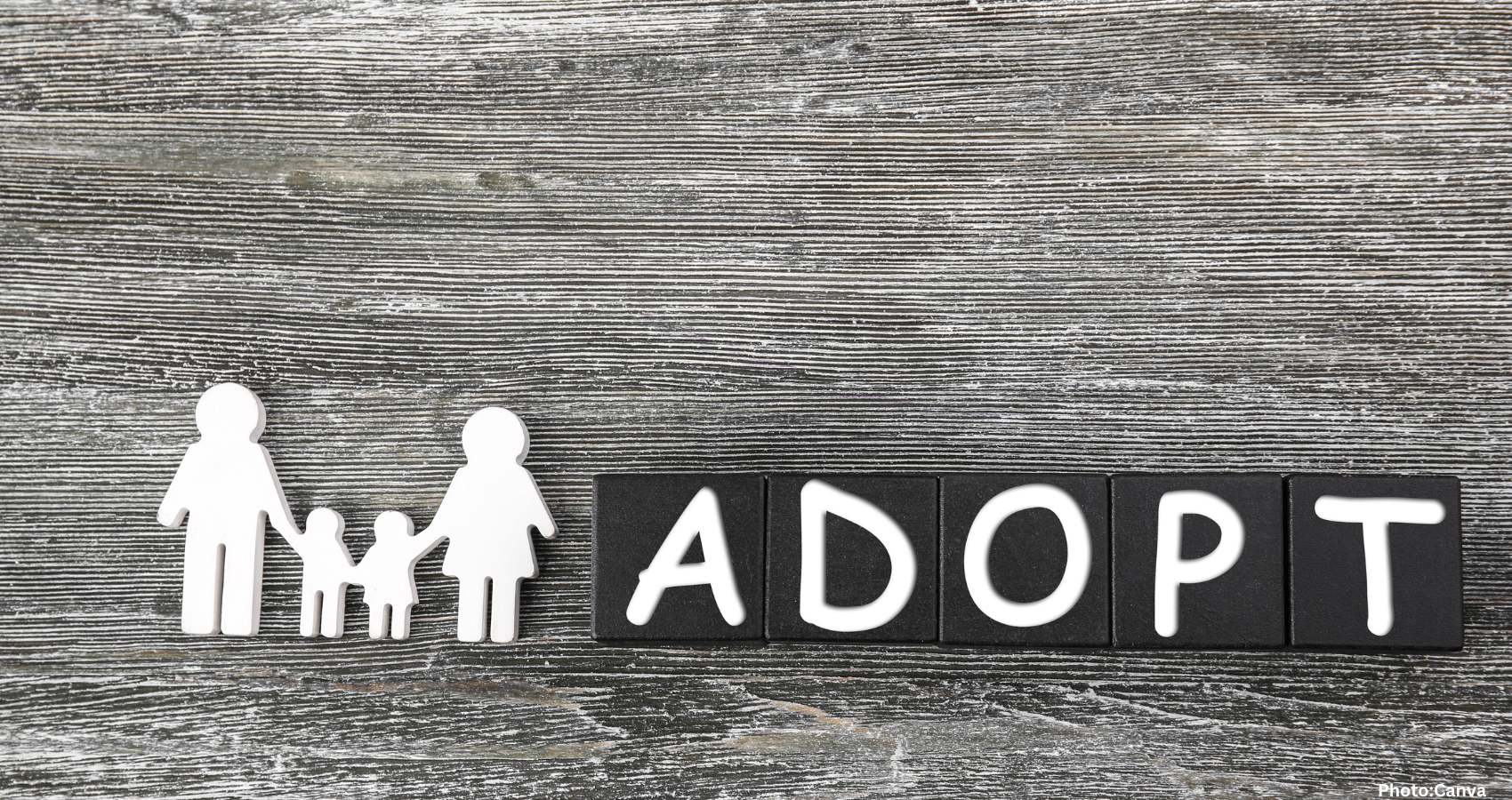Experts emphasize the need for reform in America’s adoption process to enhance the safety and rights of vulnerable children awaiting permanent homes.
In a recent discussion, Ashley Brown, the CEO of the Selfless Love Foundation, highlighted the critical need for reform in America’s adoption process, particularly regarding the protection of children in foster care. Despite some progress, she asserts that there remains a significant distance to cover in ensuring the safety and rights of these vulnerable young people.
The Selfless Love Foundation’s National Think Tank serves as a collective of change-makers dedicated to improving the foster care adoption process across the nation. This annual conference, held in October, brings together young individuals who have experienced foster care, along with child welfare leaders and policymakers from over 30 states. The initiative aims to influence both federal policy and state-level actions to transform the adoption process to better serve children.
Following the October 2025 Think Tank, researchers from Chapin Hall at the University of Chicago will develop a roadmap and actionable next steps tailored for each state. In recognition of National Adoption Month this November, Brown shared her insights about the adoption landscape and the challenges it faces.
Brown reflected on the progress made thus far, stating, “As a nation, we’ve made progress, but there’s still a long way to go.” She noted that many people might be surprised to learn that in most states, photos of children available for adoption are publicly posted online. While this method of adoption recruitment may have been appropriate in the past, the evolution of the internet raises significant safety concerns for these young individuals.
In Florida, the Selfless Love Foundation collaborated with youth to successfully pass legislation that protects children’s images from public exposure. This law also grants children aged 12 and older a voice in determining the photos and information shared on adoption websites.
During the National Think Tank, a full day was dedicated to discussing this pressing issue. The conference also addressed adoption recruitment strategies and the importance of post-adoption support for families. Brown emphasized that the goal should not only be child placement but also achieving permanency for these children.
One of the primary obstacles to progress, according to Brown, is the absence of a federal policy designed to protect children’s privacy and ensure they have a say in how they are represented. “Each state is left to make its own decisions, and young people lack concrete rights and protections across the board,” she explained. “They are the experts — and they must be included in the decisions that affect them most.”
Brown pointed out the glaring lack of protection for children within the adoption process. “There is no federal law and very limited state laws that even acknowledge young people’s right to choose how they’re represented in adoption recruitment,” she said. This gap underscores the need for reform and highlights the interconnectedness of rights, recruitment, and post-adoption support. “We can’t fix one without strengthening the others,” she added.
She proposed that the most immediate and achievable step is to support legislation that empowers youth to choose how they are represented in adoption recruitment, thereby safeguarding their privacy, dignity, and safety. Researchers from Chapin Hall will compile a report detailing the key findings from the National Think Tank, which will aid state and federal leaders in understanding the importance of youth rights in the adoption process.
Throughout the discussions at the National Think Tank, a recurring theme emerged: the significance of community support. Brown noted that children in foster care and those who have aged out of the system need to feel that they have support and that others care about their well-being.
Thanks to the generosity of supporters, the Selfless Love Foundation can offer the National Think Tank at no cost, including scholarships to cover travel and accommodation for youth participants. Brown emphasized that the best way for individuals to help is by facilitating more opportunities for young people to attend events like this, where their voices are heard, their experiences valued, and they play an active role in transforming the system.
With no national standard in place, a vulnerable group of children remains without clear protections. Brown concluded by stating, “We already recognize a child’s right to choose adoption. Extending that principle to how they are portrayed is a matter of policy alignment and fairness.” For those interested in supporting this cause or learning more, the Selfless Love Foundation’s website offers additional resources.
Source: Original article

